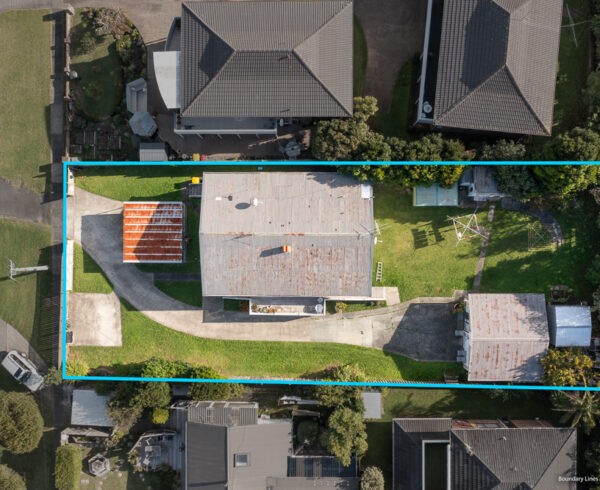Planning and designing an addition or renovation to a home can be challenging. Because there is already an existing building, whatever you do must complement what is there.
That doesn’t necessarily mean you have to imitate the design of the existing building, but any new addition needs to be sympathetic – and this is where a design professional can help you considerably.
Firstly, what is a renovation?
A renovation is an update to an existing building or a return to a new condition. An alteration is a change to an existing building. An addition is adding to an existing building.
However, it is common to refer to any combination of the three to be a “renovation”.
Things to consider before renovating:
- Will you match the style and materials already used in the house or add something that is different, yet complementary?
- Is it time to change elements in the old house, for instance wooden to aluminium joinery; updating bathroom fittings, new tiles?
- Will you add new technologies, such as computer cabling or underfloor heating if replacing tiles? (Highly recommended)
- Do any walls need to be moved?
- Will you retro-fit insulation?
- Can you add storage?
- Do you want to match light fittings and bathroomware to the old style prevalent in the house or should you use modern items?
Hidden problems of renovations
Bathrooms are particularly susceptible to issues around water leaks, but the Leaky Homes issue in recent years has shown that leaks are not restricted to this area.
Poor workmanship in previous renovations or even the original build may have serious implications for the work you’re planning.
These are items you may be mentally and emotionally prepared for, but when the reality hits and your budgets are blown out, things may be quite different. Be aware that there may well be nasty surprises so make sure you have contingency in your budget.
Keeping that warning in mind, renovating or adding to your house can be an exciting and very rewarding exercise. You already know the good and bad points to your home.
If you like where you live, then improving the house you already know so well can dramatically improve your quality of life and improve its capital value.
Asbestos warning
Many NZ houses built between 1940 and 1990 have asbestos in the building products used – lino being one example, fibrolite and textured ceilings. Generally, there is limited danger if the material is not touched but if you’re wanting to remove materials and your house is of this vintage, make sure you test for asbestos before doing any demolition works.







Recent Comments